We've found 465 matches for your search. Order by
Results
-
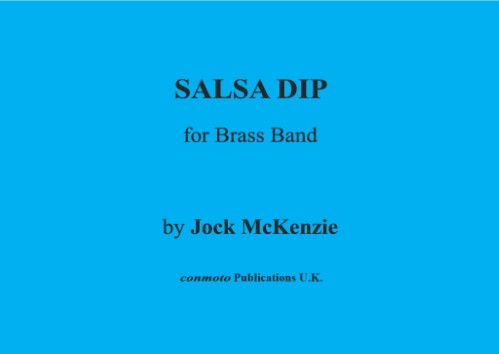 £27.50
£27.50SALSA DIP (score & parts) - McKenzie, Jock
If you require further information on SALSA DIP (score & parts), please
In Stock: Estimated dispatch 1-3 working days
-
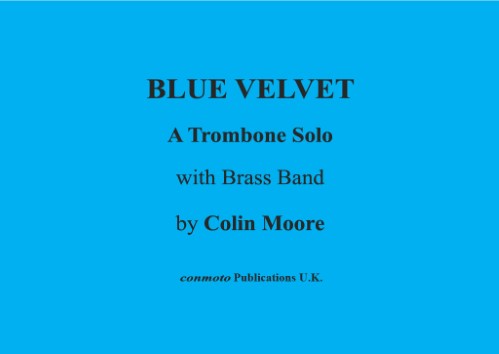 £8.50
£8.50BLUE VELVET (score) - Moore, Colin (1925-2019)
If you require further information on BLUE VELVET (score), please
In Stock: Estimated dispatch 1-3 working days
-
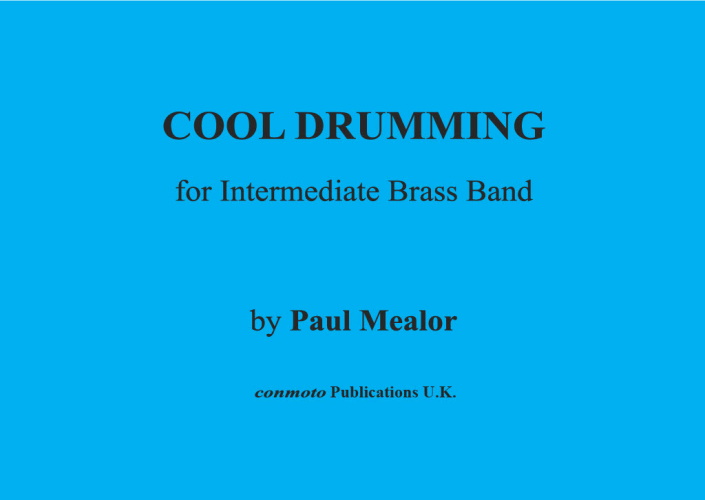 £8.50
£8.50COOL DRUMMING (score) - Mealor, Paul (b.1975)
If you require further information on COOL DRUMMING (score), please
In Stock: Estimated dispatch 1-3 working days
-
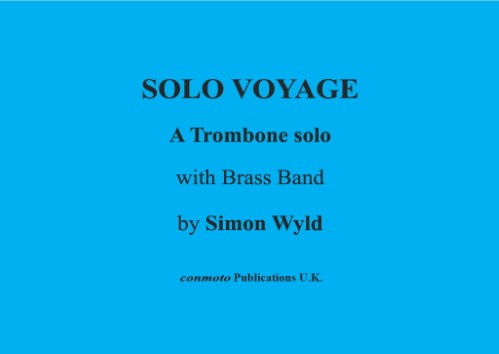 £27.50
£27.50SOLO VOYAGE (score & parts) - Wyld, Simon
If you require further information on SOLO VOYAGE (score & parts), please
In Stock: Estimated dispatch 1-3 working days
-
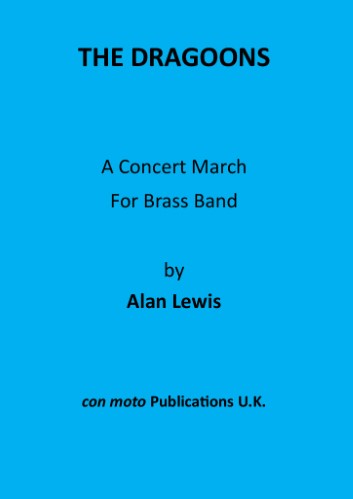 £8.50
£8.50THE DRAGOONS (score) - Lewis, Alan (1948-2013)
If you require further information on THE DRAGOONS (score), please
In Stock: Estimated dispatch 1-3 working days
-
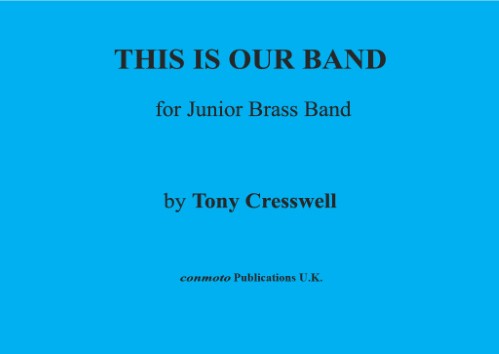 £11.50
£11.50THIS IS OUR BAND (score) - Cresswell, Tony
If you require further information on THIS IS OUR BAND (score), please
In Stock: Estimated dispatch 1-3 working days
-
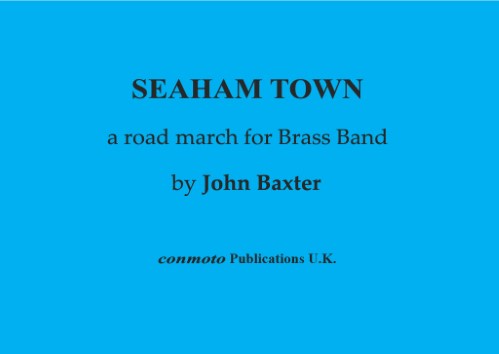 £22.95
£22.95SEAHAM TOWN (score & parts) - Baxter, John
If you require further information on SEAHAM TOWN (score & parts), please
In Stock: Estimated dispatch 1-3 working days
-
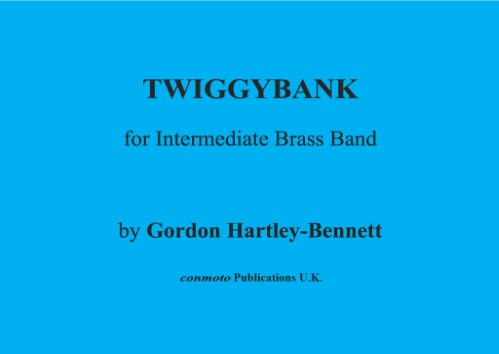 £8.50
£8.50TWIGGYBANK (score) - Hartley-Bennett, Gordon
If you require further information on TWIGGYBANK (score), please
In Stock: Estimated dispatch 1-3 working days
-
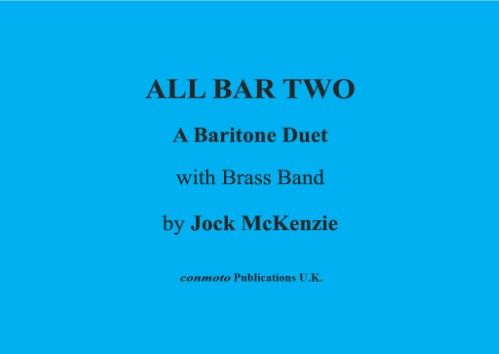 £27.50
£27.50ALL BAR TWO (score & parts) - McKenzie, Jock
If you require further information on ALL BAR TWO (score & parts), please
In Stock: Estimated dispatch 1-3 working days
-
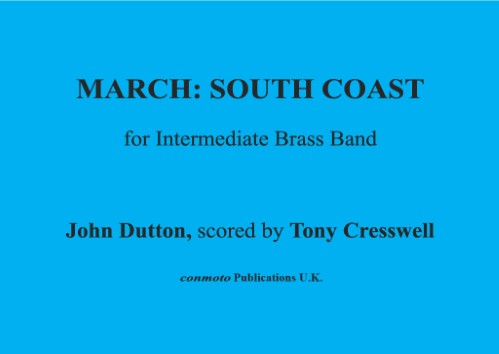 £8.50
£8.50MARCH: SOUTH COAST (score) - Dutton, John
If you require further information on MARCH: SOUTH COAST (score), please
In Stock: Estimated dispatch 1-3 working days
